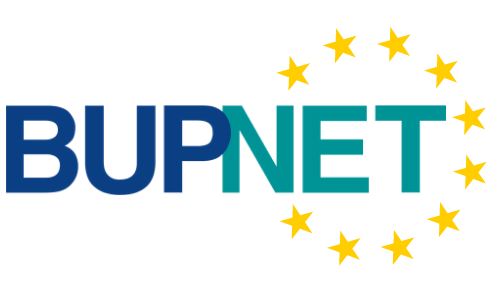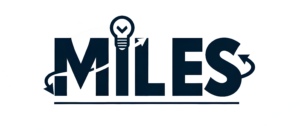There appears to be a broad consensus among ordinary people and experts on the importance of adopting fake news as a mandatory content in a specific subject (e.g., politics, social studies, or civics).
Experts agree that there is an urgent need to catch up in the digital education of pupils in Germany as a whole – not only to the digitalization of education, which has been increasingly discussed, but also to the development of navigation skills in a digital society, including the ability to reflect critically.
When media literacy is taught, there are significant differences between the subjects it is inserted in. In German, for example, more emphasis is placed on “text-related” aspects of the topic than in social science subjects: higher proportions of teachers in German have recently dealt intensively with how to judge whether news is written factually or sensationally, being able to understand and reproduce news, separating news from commentary or even writing news themselves. Conversely, teachers in social science subjects have dealt much more intensively with how to recognize false reports or “fake news”, how to assess which sources of information can be trusted, which different news sources exist, the importance of news and media for our political system and the influence of the interests of e.g. politics and business on the creation of news. The content of the lessons also differs to some extent between teachers in western and eastern German states. For example, the topic of “fake news” is more important in the east than in the west. Many other aspects, on the other hand, have recently been dealt with less intensively in the East than in the West, whether it is understanding news and being able to reproduce it correctly, knowing what different news sources there are or understanding how news is created.

